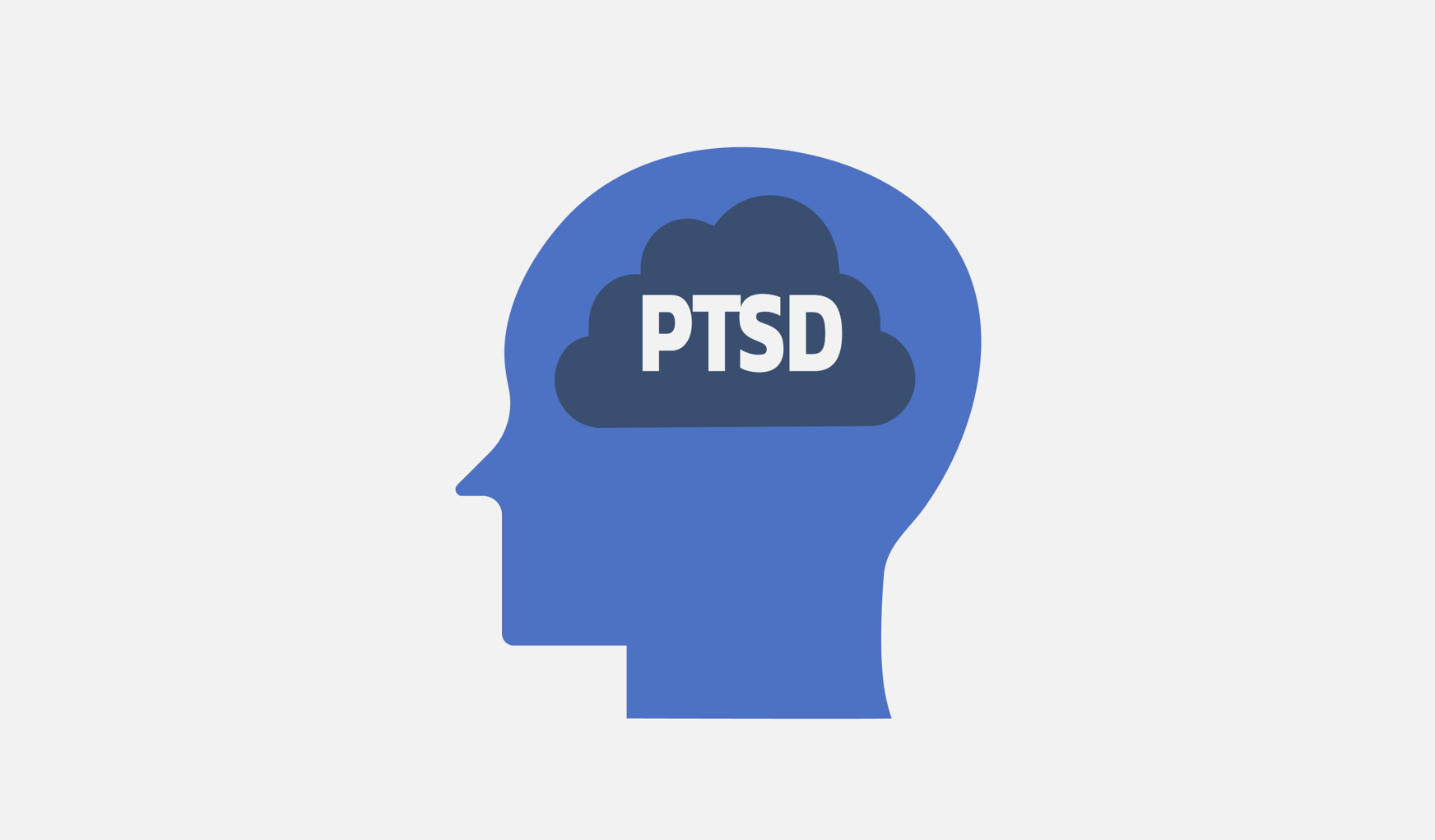Post-Traumatic Stress Disorder (PTSD) affects individuals worldwide and can develop after experiencing or witnessing a traumatic event. While PTSD presents significant challenges, advances in research are aiming to improve available treatment options. Here is some information about recent findings in PTSD treatment, providing a structured overview of emerging therapies and approaches.
Leveraging Cognitive Behavioral Therapy
Cognitive Behavioral Therapy (CBT) is one of the most widely recommended approaches for addressing PTSD. It helps individuals identify, challenge, and reframe negative thought patterns and beliefs linked to their traumatic experiences. By shifting these unhelpful thought patterns into healthier, more constructive ones, CBT aims to reduce distress and improve coping mechanisms.
One such enhancement is prolonged exposure therapy, which involves encouraging individuals to gradually and repeatedly confront trauma-related memories, emotions, or situations in a safe and controlled environment. This gradual exposure helps diminish the emotional intensity of those memories over time, allowing individuals to process their traumatic experiences in a way that promotes healing and recovery. Other techniques within trauma-focused CBT may include relaxation strategies and skills training to help manage triggers and regain a sense of control in daily life.
Reprocessing Trauma Through EMDR
Eye Movement Desensitization and Reprocessing (EMDR) is another therapeutic approach for addressing trauma. The process involves guiding individuals through recalling traumatic memories while simultaneously engaging in bilateral stimulation, such as guided eye movements, tapping, or auditory tones. This combination is believed to help the brain reprocess traumatic memories, allowing individuals to view these experiences in a less distressing and more adaptive way. EMDR may significantly reduce symptoms of PTSD by facilitating emotional healing helping individuals regain control over their mental well-being.
Expanding Medication Options For PTSD
Medication plays a key role in managing PTSD symptoms, often as part of a comprehensive treatment plan that includes therapy. Selective Serotonin Reuptake Inhibitors (SSRIs), widely used for treating depression, have proven effective in alleviating PTSD symptoms such as anxiety, intrusive thoughts, and emotional numbing. These medications provide a valuable tool for individuals seeking relief from the overwhelming effects of trauma.
Other medications have also shown promise in addressing specific PTSD challenges. Prazosin, originally developed to treat high blood pressure, has been found to help reduce trauma-related nightmares and improve sleep quality. These improvements can be significant for individuals struggling with the sleep disturbances that often accompany PTSD.
Emerging research into psychedelic-assisted therapy has also opened new doors in PTSD treatment. Clinical trials using MDMA have demonstrated promising results, showing that it may help patients process traumatic memories more effectively and build emotional resilience. As research advances, these developments offer hope and new possibilities for improving the quality of life for those living with PTSD.
Strengthening Recovery With Psychotherapy
Psychotherapy, or talk therapy, is one of the most effective treatments for PTSD. It offers a space for individuals to explore and process their trauma at their own pace. Through therapy, they can also learn healthier ways to manage distressing emotions and memories. Psychotherapy helps reduce core PTSD symptoms like flashbacks, hypervigilance, and emotional numbness. By providing a safe space, it allows people to process trauma and build healthier coping strategies.
Moving Forward in PTSD Treatment
Advances in PTSD treatment research are offering new strategies to help alleviate symptoms. These developments aim to improve the quality of life for those impacted by trauma. Therapy, medication, and innovative approaches are creating more opportunities for effective recovery. Individuals experiencing PTSD are encouraged to consult with healthcare professionals. This can help determine the most appropriate path forward.









Leave a Reply